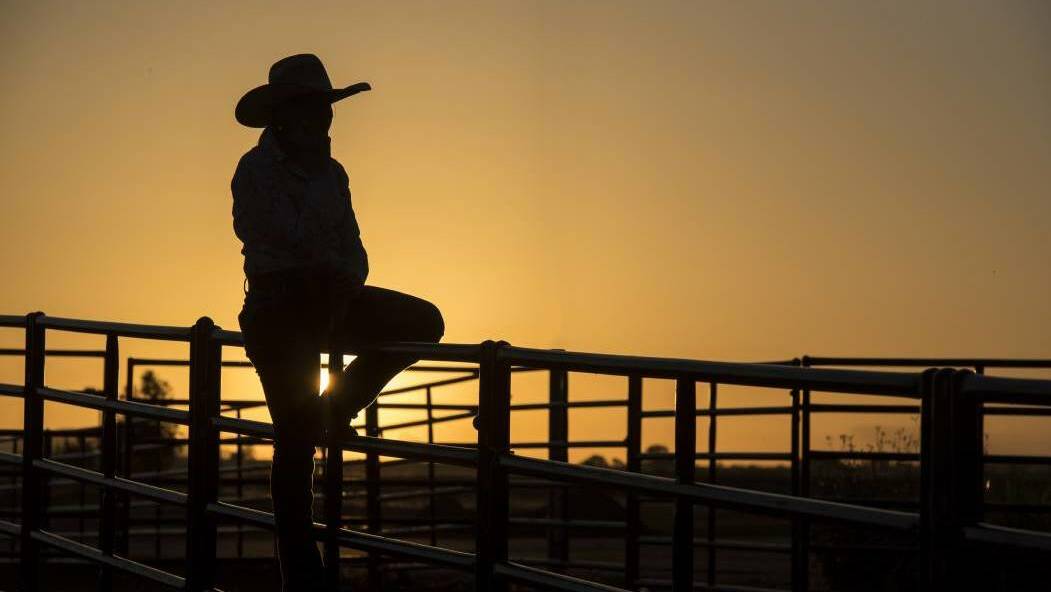
A CONVERSATION is all it takes to help those contemplating suicide, or bereaved families in rural and remote NSW.
Subscribe now for unlimited access.
$0/
(min cost $0)
or signup to continue reading
The Centre for Rural and Remote Mental Health is urging rural communities to take action to lower suicide rates this World Suicide Prevention Day.
Suicide prevention workshop Good SPACE coordinator Fiona Livingstone said having conversations with people who might be at-risk of suicide is a learned skill, but anyone can do it.
“I’d encourage people to be aware of simple changes, someone might make a comment that they haven’t been sleeping well – or the person who usually turns up to coffee or football suddenly aren’t turning up,” she said.
“While we know there’s many different signs, a lot of people don’t know these simple changes like social behaviour, sleep and appetite are strongly linked to suicide.”
Good SPACE workshops have been run across the New England and Northern Tablelands region.
In 2016, more than 2800 people died by suicide in Australia, compared to just more than 1200 road deaths in the same year, Australian Bureau of Statistics data reveals.
It’s a complex issue that most people are reluctant to deal with, mostly because they aren’t sure how to react to someone who is suffering with mental illness Ms Livingstone said.
“Even if you have no skills, if you genuinely care that’s the best skill you can bring to talking to someone,” she said.
“Us humans have a desire to want to fix things for people, but it’s important to just sit with them and validate them, ask what you can do and let them know you understand it’s a difficult time.
Read also:
“As opposed to telling them there’s other people worse off or it will get better.”
People in rural and remote areas die by suicide at twice the rate of people in urban areas.
However, while men in rural areas are less likely to seek help, they’re more likely to communicate their intent to someone they know.
“Men particularly tend to have strong stoic attitudes to help seeking for any problem, especially mental health or suicide,” Ms Livingstone said.
“Adverse weather conditions like drought, which is what we’re experiencing right now, flood and fire add to the impacts even more so.
“The best way to describe it is that it’s a national problem, in most cases suicide is preventable if we know how.”
If you or anyone you know is struggling with mental health call the NSW Mental Health Line 1800 011 511 or Lifeline on 13 11 14.
World Suicide Prevention Day is on Monday September 10.


